Improving the satisfaction of healthcare providers and their patients has always been a priority of health insurance companies, but it is increasingly taking center stage. Enhanced contact center operations are an important step in the journey toward excellent customer satisfaction. Patients are at the heart of the entire healthcare ecosystem and research indicates that 71% of them are ‘frustrated’ with their healthcare experiences. Couple this with the fact that healthcare workers are burned out, buried in paperwork, and leaving the healthcare profession in record numbers as a result. It’s a perfect storm.
For both patients and providers, the need for accurate and timely answers about benefits coverage, pre-authorization requirements and claims status is paramount. This is where the contact center operations of healthcare insurance companies can play an integral role in improving satisfaction levels.
Health Insurance Members Have Choices
Consumers are savvier than ever and express their satisfaction or dissatisfaction in their purchasing decisions. This is true even in healthcare when insurance coverage choices are made during open enrollment.
Healthcare providers have choices when it comes to which insurance payers they interact with. The revenue cycle is significantly impacted by the payer’s ability to make its interactions effortless, personalized and accurate. Providers acknowledge that their patients’ experience with them is in part a reflection of the insurance payer’s performance. Research indicates that 76% of denied claims that have been resubmitted are ultimately paid.
The Contact Center’s Role in Improving Member and Provider Experiences
Effective contact centers coordinate their operations across their people, processes and technology. Contact center frontline resources directly engage with members and providers to answer questions and provide critical information, making them the face of the payer to members and providers. Skill level requirements are increasing as associates are responding to more complex issues and more difficult problems, often during highly emotional life events. The technology and knowledge management systems they use for support must be accurate and easy to navigate. Upstream processes for pre-authorization requirements and claims processing have significant impacts on their ability to effectively interact with members and providers.
Three Steps Payers Can Take to Improve their Contact Center Operations
1. Improve frontline training and coaching to focus on continuous customer service improvement
Training curriculums must address not only the basics of customer service and navigation of desktop tools, but also an understanding of healthcare insurance fundamentals. Members and providers use self-serve tools to handle their easy issues. When they pick up the phone, they are looking for solutions to difficult problems. Contact center associates must be experts who can fully and effectively address these more complex issues. On-going coaching, guided by insights from quality programs, strengthens empathy behaviors that will contribute to an excellent customer experience.
2. Develop strategies for effective Workforce Management (WFM)
The best-trained associates cannot ensure great customer service if the team is not appropriately staffed to meet demands that vary by time of day, day of week and peak periods. Long-range plans set the stage. Monthly capacity plans provide a realistic view of full-time equivalent (FTE) requirements and the timing of new hire needs. Collaboration between the frontline and the WFM team is an essential component for assessing trends and operational impacts.
3. Understand contact volumes
Predicting contact volumes is an essential underpinning of an accurate WFM forecast. Understanding who is making the contact, why they are making the contact, and what causes them to need a repeat contact are key components of a volume analysis. Since members and providers have a choice of channels, it is imperative to understand the drivers of their use of websites, chats and calls, as well as the opportunities to deflect more calls with self-serve options.
The Northridge Group helps healthcare clients ensure success by leveraging our clinical, operational, and contact center expertise to improve member and provider experiences. Contact us to learn more.




